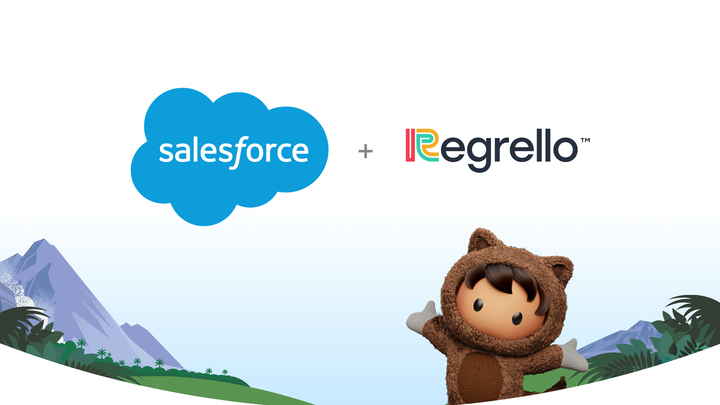Salesforce is a cloud-based customer relationship management (CRM) software company that has experienced significant growth in recent years. The company has a diverse range of products, including Sales Cloud, Service Cloud, Marketing Cloud, and more.
One important metric for evaluating a company’s financial health is free cash flow (FCF), which is the amount of cash a company generates after accounting for capital expenditures. FCF is important because it shows a company’s ability to generate cash and pay dividends or make acquisitions.
For Salesforce, the company’s FCF has been consistently positive in recent years, indicating a strong financial position. In the most recent quarter, Salesforce reported a FCF of $1.4 billion, up from $1.1 billion in the same quarter last year. This represents a 27% year-over-year growth in FCF.
This strong FCF position has allowed Salesforce to make strategic acquisitions, such as its $27.7 billion acquisition of Slack. The company also has a history of returning cash to shareholders through share buybacks and dividend payments.
In addition, Salesforce’s financial position has been supported by its subscription-based business model, which provides a steady stream of recurring revenue. The company has also benefited from the shift to remote work and digital transformation, as more companies turn to Salesforce’s cloud-based CRM solutions.
In summary, Salesforce’s strong free cash flow position has allowed the company to make strategic acquisitions and return cash to shareholders. The company’s subscription-based business model and the shift to remote work have also supported its financial position. This makes Salesforce an attractive option for investors looking for a company with a strong financial position.
